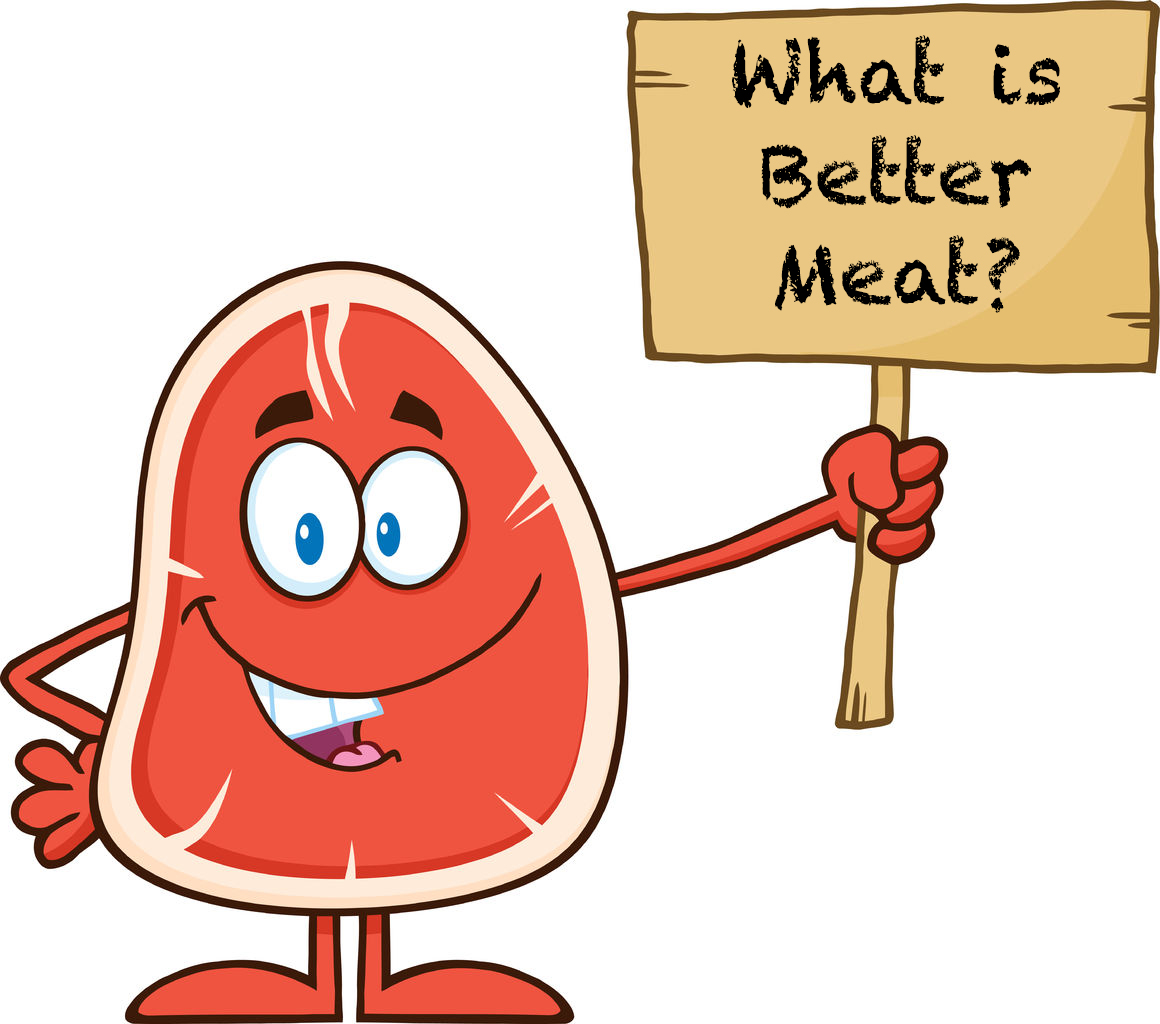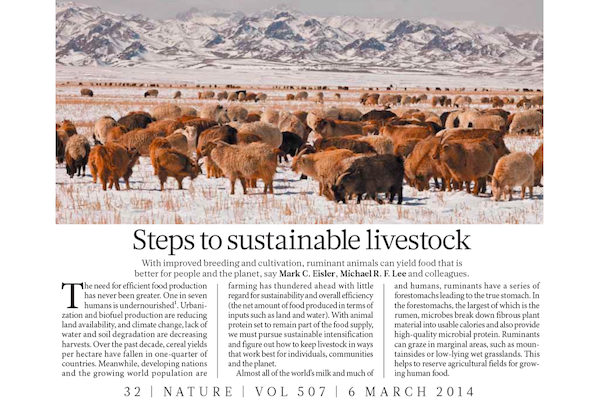What is Better Meat?
Let’s face facts: America has a very deep-seated meat culture—and that’s not going to change any time soon. Despite the efforts of some food advocates to persuade people to stop eating meat, U.S. per capita meat consumption rose by a whopping 5 percent in 2015—the largest increase in over 40 years.
As an organization promoting high-welfare, sustainable food animal production—and working directly with thousands of livestock farmers and ranchers—this represents a real challenge. It’s now widely accepted that if we continue to consume such unsustainable levels of industrial meat, dairy and eggs, we’re all in big trouble. We urgently need to change what we eat and how it’s produced.
Over recent years, some food advocate groups have sought to find a ‘silver bullet’ solution that consumers can easily buy into, which will bring about the wholesale reform of industrial food animal production we so urgently need. While these efforts have resulted in some good (and some not so good) ideas, the food industry has always been sharper and far more effective at getting their message across to the consumer.



